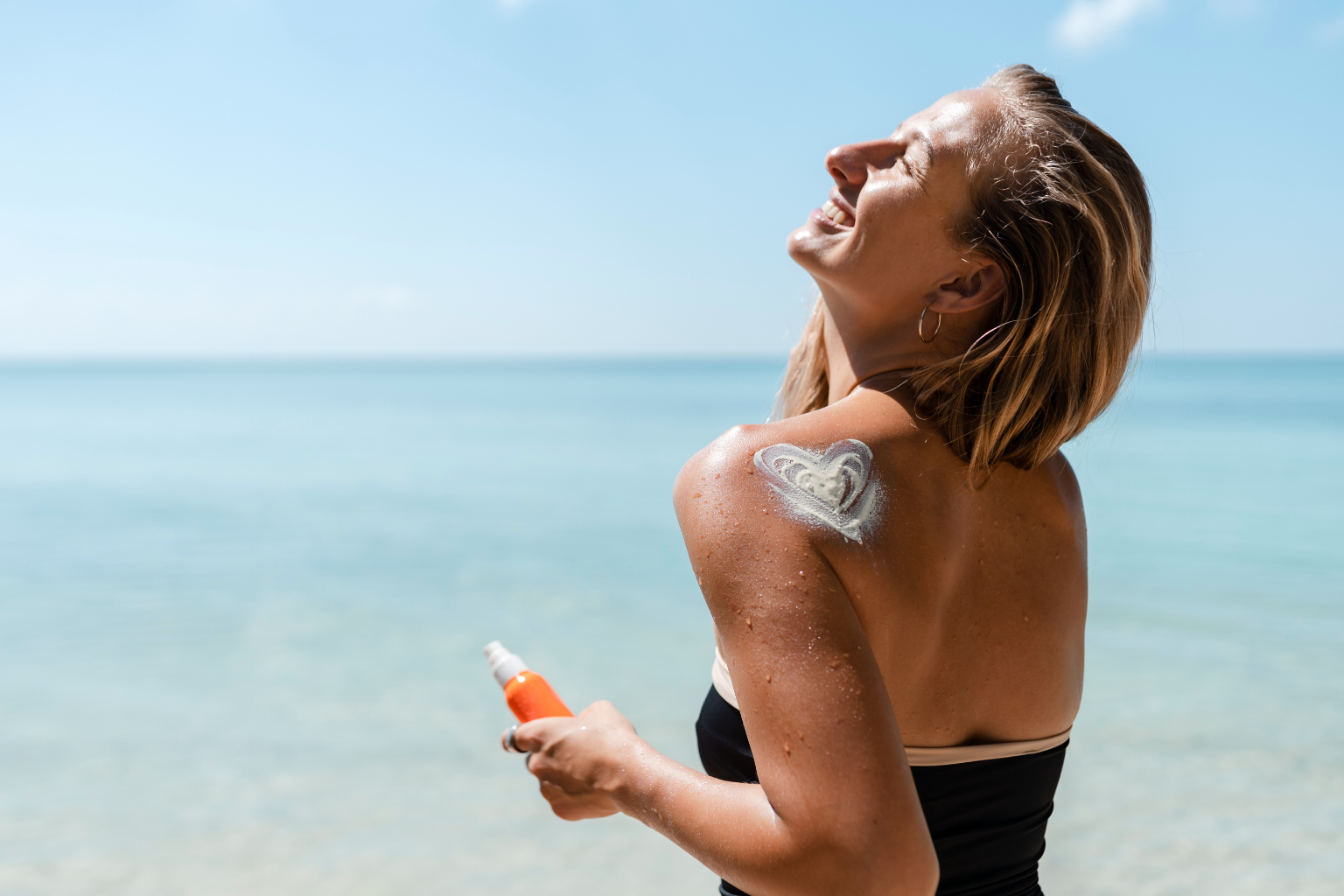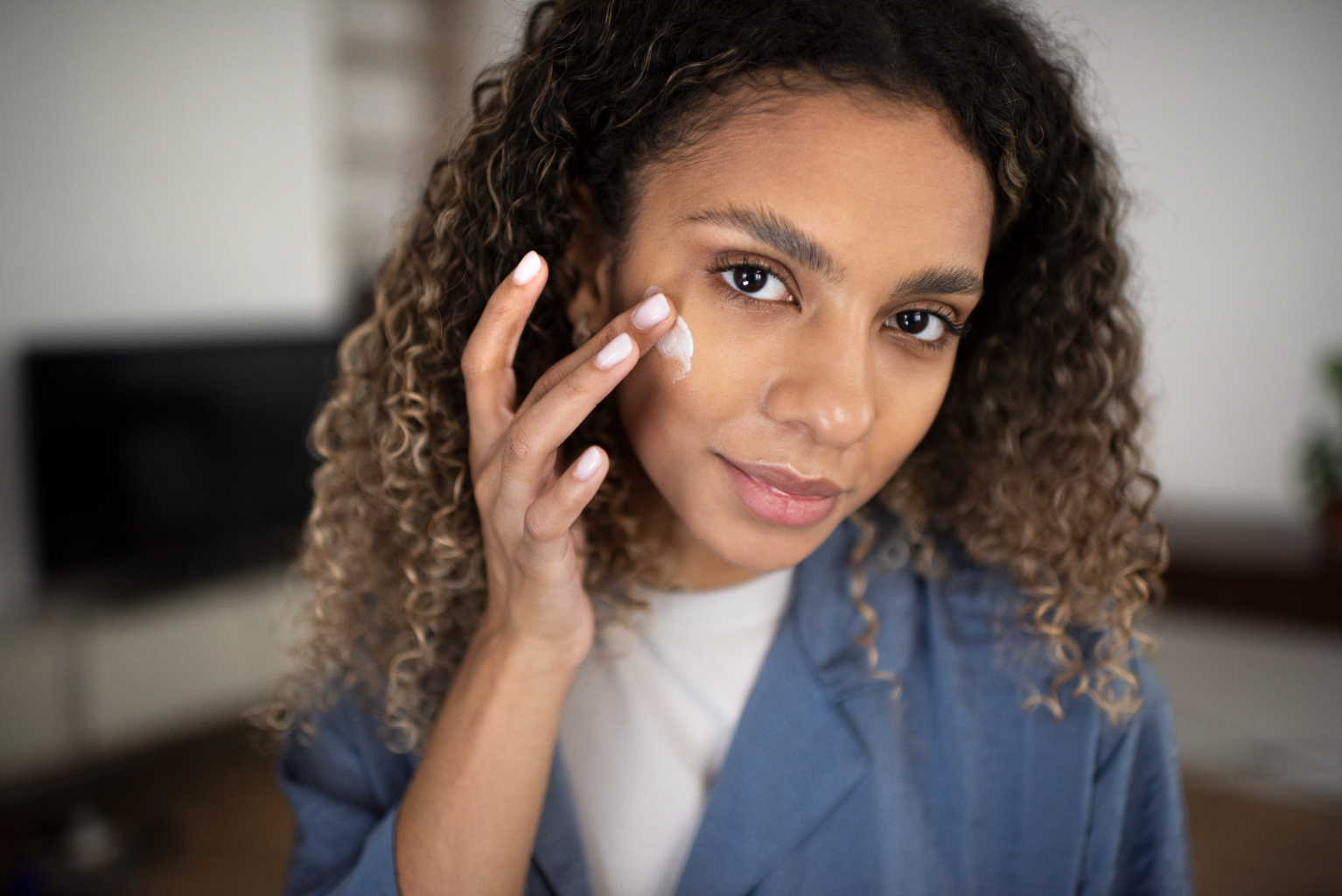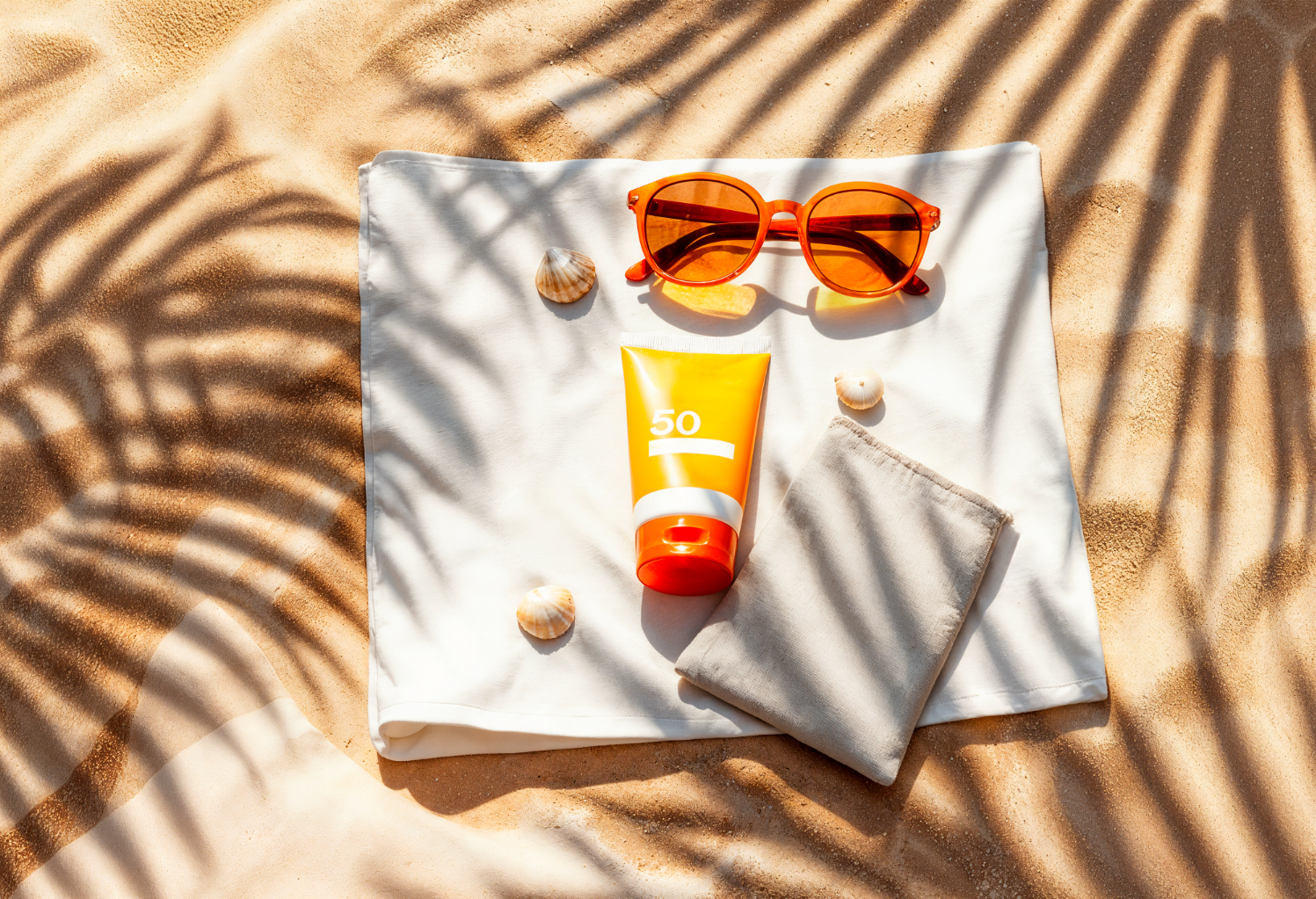- Banner Promotions Dermo 2QSET Banner Promotions Oralcare 2QSET Banner Promotions Baby SET Banner Promotions haircare SET Banner Promotions Supplemments SETLifergy Hair, Sleep, No Stress 35%Centrum -5€Centrum -4€Centrum -3€Centrum Junior Gummies -2€Sensodyne & Parodontax -2€Moskout 10%Trikare, Trizatek & Otezia 20%Ducray Anaphase, Anacaps, Creastin & Neoptide 20%Forcapil & Forderma 25%Cory Spray 10%Klorane Bebé & Junior 25%A-Derma Exomega 20%Halibut Muda Fraldas 20%Nuxe Sun 25%View all promotions
- First aid and dressing materials
- Assistance for medication administration and clinical intervention
- Respiratory, optical, and otological aids
- Incontinence
- Materials for collecting biological samples
- Orthopedics and compression and comfort aids
- Orthopedics and footwear
- Smart textiles and home accessories
Assistive devices- A
- B
- C
- D
- E
- F
- G
- H
- I
- J
- K
- L
- M
- N
- O
- P
- Q
- R
- S
- T
- U
- V
- W
- X
- Y
- Z
A-Cerumen A-Derma Aboca Absorvit ACM Acnacalm Actimove Actinica Advancis Aero-Om AeroChamber Aftaspray Aftum Gel AGA Ainara Akileine Algasiv Alkagin Aloclair Alpecin Alvitone Amedial ammo Ampliphar Anabox Angelicalm Angelini Anima Strath Animativ Ansiwell Antigrippine Antimetil Apaisac Apivita Aquilea Aquoral Arcid Arkopharma Armolipid Arnidol Arnigel Aroma Home Artein Artelac Arterin Arthrodont Artrozen ATL Atral Atyflor Audiovit See more

Os melhores protetores solares para pele atópica em 2025
Anyone living with atopic or sensitive skin knows that summer can be a real challenge. Sun exposure, heat, and even sea or pool water can intensify symptoms like dryness, redness, itching, and irritation. That's why choosing a sunscreen for atopic skin must be done with special care.
Discover everything you need to know about sunscreen for atopic skin and how to choose the most suitable one for you and your family.
What is atopic skin or atopic dermatitis?
Atopic skin, also known as atopic dermatitis, is a chronic inflammatory skin disease that usually appears in childhood.
According to CUF, it's estimated that 90% of cases appear before the age of 5, with about 60% of those occurring in the first year of life. Cases of dermatitis tend to improve or even disappear with age, but they can also persist throughout life.
Furthermore, studies show that if one parent has atopic skin, the probability of their child having the same skin condition is 30%. If both parents are affected, the probability is even higher.
IMPORTANT TIP: For babies with a family history of atopic skin, it is essential to focus on prevention and protection from the very first months of life:
Use gentle, fragrance-free, and soap-free hygiene products;
Apply emollient and moisturizing creams specifically for atopic skin daily;
Avoid long, hot baths;
Why is sun protection for atopic skin important?
For those with atopic skin, the sun can be a double-edged sword. Although moderate sun exposure can help soothe flare-ups—thanks to the anti-inflammatory action of UV rays in small doses—excessive exposure can worsen the condition and cause burns, spots, and even infections.
Additionally, most conventional sunscreens contain ingredients that can irritate atopic skin, such as perfumes and alcohol. Therefore, it is essential to choose a sunscreen for sensitive skin or a sunscreen for atopic skin specially formulated for this skin type.
What should a good sunscreen for atopic skin have?
Before choosing a product, check if it meets the following criteria:
High skin tolerance: It should be dermatologically tested on atopic and sensitive skin.
Fragrance-free, alcohol-free, and paraben-free: The fewer potentially irritating ingredients, the better.
Safe sun filters: Prefer products with mineral filters or latest-generation chemical filters, which are more stable and less aggressive.
Texture adapted to dry skin: Moisturizing and easily absorbed formulas are ideal.
Broad-spectrum protection: It should offer high protection (SPF 50 or higher) against UVA and UVB rays.
Now that you know what to look for, here are two sunscreen suggestions that stand out in 2025 for offering safety, effectiveness, and comfort for those living with sensitive or atopic skin.
Bioderma Photoderm Mineral Fl SPF50+ 75g
This sunscreen is suitable for those with atopic skin as it has 100% mineral filters, protects from the sun, and prevents hypersensitivity or sun intolerance reactions.
A-Derma Protect AC Tinted Fluid SPF 50+
For those looking for high protection combined with a touch of makeup, the A-Derma Protect AC Tinted Fluid is a safe and effective choice. Specially formulated for sensitive skin with an acne-prone or reactive tendency, this tinted fluid helps to even out skin tone, protect from the sun, and maintain skin balance. It is an excellent alternative to conventional sunscreens with makeup, which often irritate atopic skin. Although it is especially indicated for teenagers and adults with sensitive skin, it is also a good choice for those who live with atopic skin but prefer a more uniform and luminous finish.
Extra tips for protecting atopic skin in the summer
Choosing the right sunscreen for atopic skin is fundamental, but when it comes to caring for sensitive or atopic skin, it's important to think holistically—that is, about all the daily habits that, when combined, can make the difference between balanced skin and constantly reactive skin.
Here are some practices to adopt in your daily life, especially during the hottest months:
1. If you have atopic skin, avoid the sun during peak intensity hours
During the summer, UV rays reach their peak between 11 a.m. and 5 p.m. For those with atopic skin, which is already naturally more vulnerable, this exposure can cause not only sunburns but also inflammation, dryness, and even worsening of eczema. Practical tip: prefer outdoor activities in the early morning or late afternoon and always seek shade when the sun is strongest.
2. Wear light, breathable, and UV-protective clothing to protect atopic skin
Contact between the skin and rough, synthetic, or poorly ventilated fabrics can cause irritation and itching. Opting for light-colored cotton or linen clothing with UV protection helps keep the skin cool, protected, and comfortable. Today, there are brands specialized in clothing with anti-UV technology, especially designed for children and adults with sensitive skin. Extra tip: wide-brimmed hats and sunglasses are also valuable allies—they protect fragile areas like the face, neck, and eye contour.
3. Have atopic skin? Hydrate your skin well before and after sun exposure
Daily hydration is essential to strengthen the skin barrier of atopic skin. Even if you use sunscreen, it is important to apply an emollient cream or balm after bathing and, whenever possible, also before sun exposure. This protective layer will help prevent water loss and reduce the skin's reactivity to the sun, salt, or chlorine.
4. When it comes to atopic skin, reapplying sunscreen frequently is fundamental
A common mistake is to apply sunscreen only once a day. In the case of atopic skin, it is even more important to maintain protection over time. Reapply every 2 hours, or always after:
Swimming
Sweating excessively
Using a towel (which can remove the layer of sunscreen) Practical tip: keep the sunscreen in your bag or backpack, and teach children to ask for help to reapply it, turning it into a habit that can prevent many episodes of irritation.
5. Prefer quick, lukewarm, and/or cool showers
Atopic skin does not handle extreme temperatures well. Very hot baths strip the skin's natural oils, leaving it even drier. Moreover, long, hot baths can worsen lesions or cause more itching. Here are some recommendations:
Use tepid (lukewarm) water
Limit your bath to 5-10 minutes
Use gentle cleansing products, without soap, perfume, or dyes There are specific cleansing products for atopic skin, in oil or gel form, that clean without damaging or drying the skin.
6. Avoid dry environments or strong air conditioning
Although it is tempting to take refuge in air conditioning on very hot days, it can make the environment extremely dry—something that dehydrates the skin quickly, especially in people with atopic dermatitis.
If you have atopic skin, create a routine that protects and calms
Caring for atopic skin in the summer goes far beyond avoiding sunburn. It's about preventing flare-ups, strengthening the skin barrier, and ensuring daily well-being—especially for babies, children, or adults who already live with discomfort for the rest of the year.
At fahma.pt, you will find a curated selection of creams for all skin types, from trusted brands with tested formulas. Whether you are looking for hydration, firmness, oil control, or anti-aging protection, there is always a cream tailored for you.
Last posts

Should I use sunscreen on my face even after …
Sunscreen is often associated with the summer months, beach days, and holidays in sunny places. However, its use should …
17/09/2025

The Best Dermatological Shampoos of 2025
That handful of hair on the brush every morning. The persistent itch that distracts you throughout the day. The constant …
28/08/2025

5 Tips for Using Tanning Oil with Sunscreen …
5 Tips for Using Tanning Oil with Sunscreen Without Damaging Your Skin
Sunny days invite not only refreshing plunges but also …
21/08/2025
